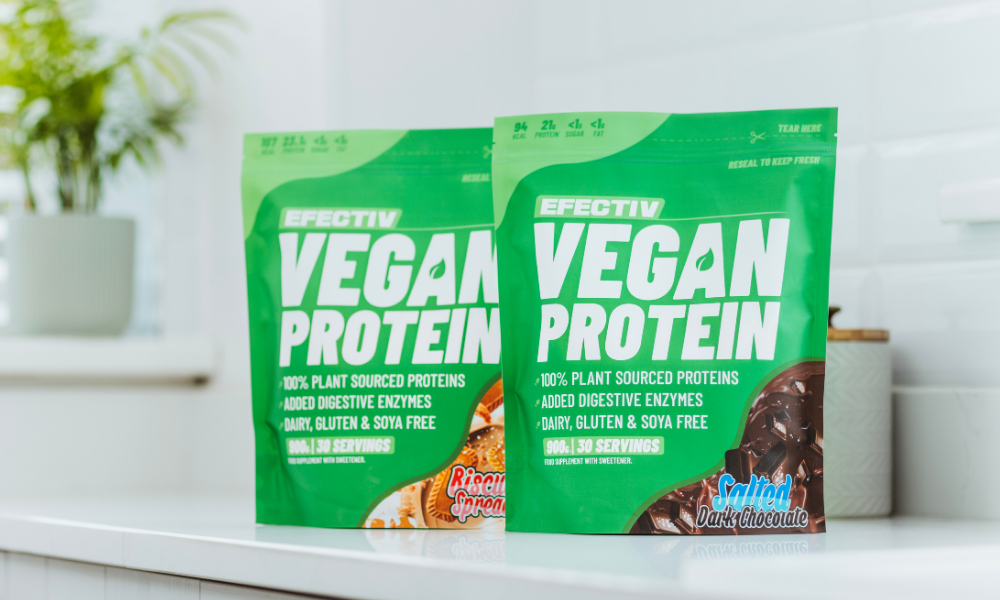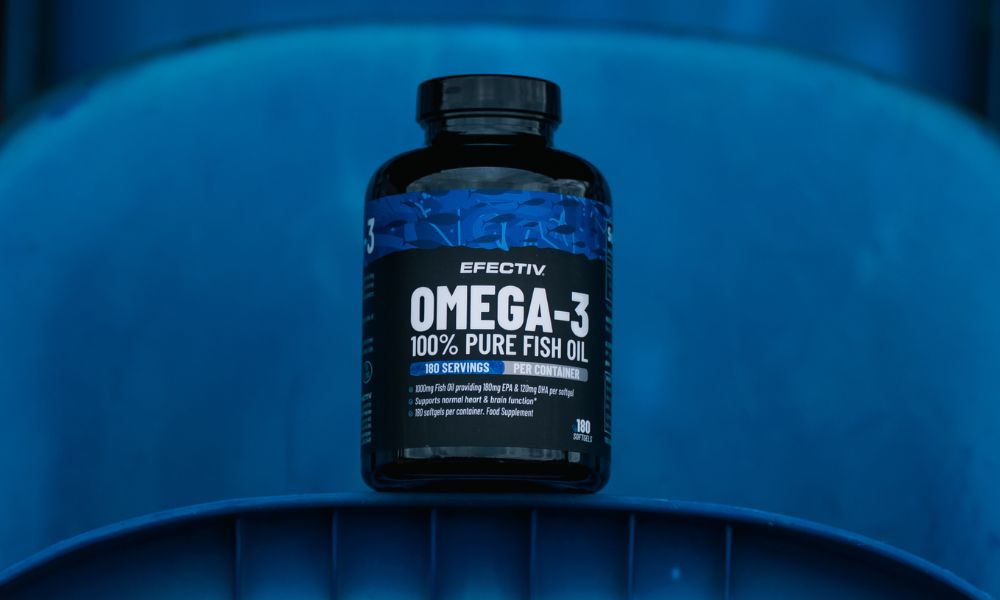When it comes to boosting your protein intake, few supplements are as popular—or as versatile—as protein powder. But with so many types available, it can be hard to know which one is right for you. Whether you’re looking to build muscle, recover faster, or simply hit your daily protein goals, understanding the differences between each type can help you make a smarter choice.
| Protein Type | Best For | Key Benefits | Considerations |
|---|---|---|---|
| Whey Protein Concentrate | All-round daily use, budget-friendly option | Creamy texture • 70–80% protein • Nutrient-rich • Great for muscle building & recovery | Contains small amounts of lactose |
| Whey Protein Isolate | Lean muscle goals, low-calorie or low-lactose diets | 90%+ protein • Fast-digesting • Low lactose • Ideal post-workout | Slightly more expensive • Less creamy |
| Clear Whey Isolate | Refreshing, juice-style protein drink | Light & fruity • Easy to digest • Hydrating • Same base as isolate | More processed • Higher price point |
| Plant-Based Protein (Pea/Hemp) | Vegan, dairy-free, or digestive sensitivities | Complete amino acids (hemp) • Easy digestion (pea) • Great for recovery & nutrition | Slightly lower bioavailability than whey • Earthier flavours |
Whey Protein Concentrate
Whey Protein Concentrate (WPC) is the most common and cost-effective form of whey protein. It’s made from milk and typically contains around 70–80% protein, with the remainder made up of fats and carbohydrates.
- Pros: Rich in essential amino acids, especially leucine, which supports muscle growth and recovery. It also retains more of the natural nutrients found in milk, giving it a creamier texture and taste.
- Cons: Contains small amounts of lactose, which may cause discomfort for those with sensitivities.
Whey Protein Concentrate is ideal for most people looking for a well-rounded, budget-friendly option that supports muscle building and recovery.
We changed our well-loved Efectiv Whey, removed the skimmed milk powder, and now consists of 100% whey protein concentrate.
Whey Protein Isolate
Whey Protein Isolate (WPI) goes through an additional filtration process to remove more fat, carbohydrates, and lactose, resulting in a product that’s typically 90%+ pure protein.
- Pros: Fast-digesting, low in lactose, and leaner than concentrate—perfect for post-workout recovery or those monitoring calorie intake.
- Cons: Slightly more expensive and may lack some of the natural flavor and nutrients found in concentrate.
If you want a cleaner, more refined protein with minimal carbs and fats, Whey Protein Isolate is a great choice.
Clear Whey Isolate
Clear Whey Isolate offers a refreshing twist on traditional milky protein shakes. Made using the same isolate base, it’s processed to remove the creamy texture, resulting in a light, juice-like drink.
- Pros: Crisp, fruity flavors; easy to digest; ideal for those who dislike thick shakes or want a hydrating post-workout drink.
- Cons: Typically more processed and can be pricier than standard whey.

Clear Whey Isolate is perfect for anyone wanting a lighter, refreshing way to boost protein intake without the heaviness of a standard shake.
Plant-Based Protein (Pea and Hemp)
Plant-based protein powders are excellent alternatives for vegans, vegetarians, or those avoiding dairy. Two of the most popular sources are pea and hemp protein.
- Pea Protein: Made from yellow split peas, it’s rich in branched-chain amino acids (BCAAs) and easy to digest. It has a smooth texture and neutral flavour, making it a versatile choice for smoothies and recipes.
- Hemp Protein: Derived from hemp seeds, it contains all nine essential amino acids and is packed with omega-3 fatty acids and fiber. Its earthy flavour makes it ideal for blending into smoothies or baking recipes.
While plant proteins generally have slightly lower bioavailability than whey, they’re still highly effective for supporting muscle maintenance, recovery, and overall nutrition—especially when combined.
Choosing the Right Protein for You
The best protein powder depends on your goals, dietary needs, and preferences:
- For a budget-friendly, all-round option → Whey Concentrate
- For fast digestion and lean nutrition → Whey Isolate
- For a refreshing, fruit-flavored shake → Clear Whey Isolate
- For dairy-free or vegan diets → Plant-Based (Pea or Hemp)
No matter which type you choose, consistency is key. Pair your protein with a balanced diet and regular training, and you’ll be well on your way to hitting your fitness goals.
Final Thoughts
Protein powder isn’t one-size-fits-all—it’s about finding what fits your routine, taste, and goals. Understanding how each type differs helps you make the most of your nutrition and training plan, ensuring you get results that last.




Leave a comment
This site is protected by hCaptcha and the hCaptcha Privacy Policy and Terms of Service apply.